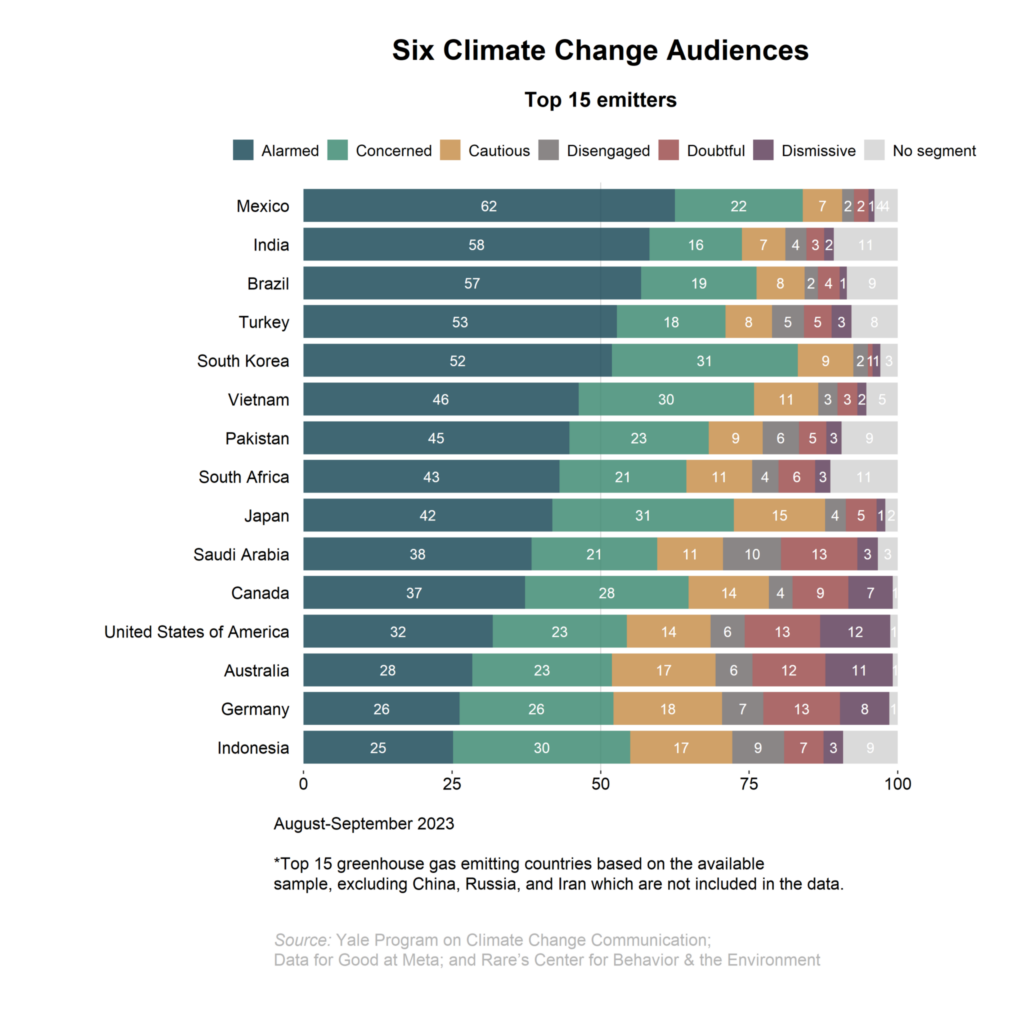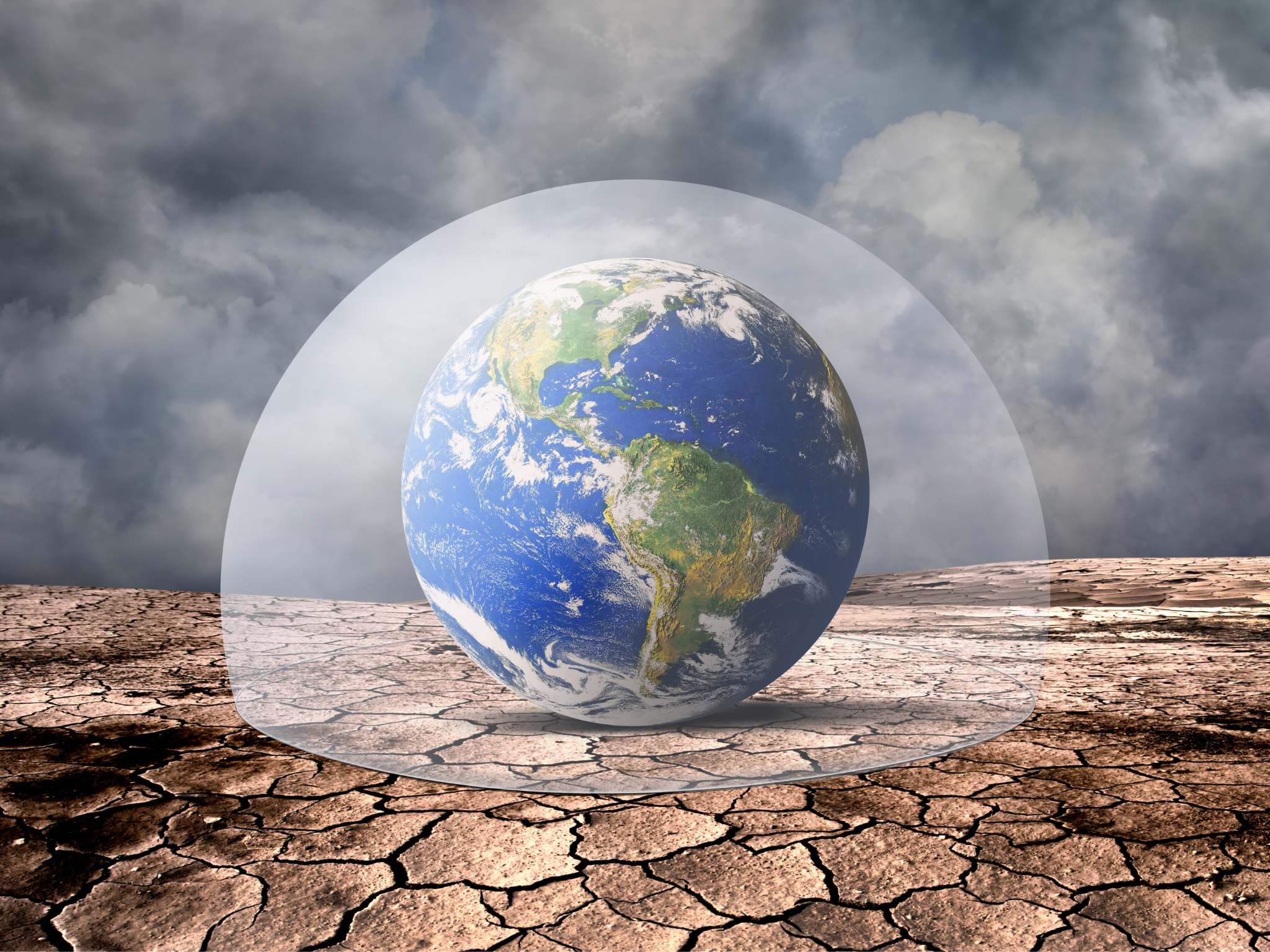People in Rich Countries Are More Climate-Literate, But Less Worried About It
5 Mins Read
High-income countries tend to have higher emissions that disproportionately affect developing nations, and a new report has found a concerning gap in their attitudes towards climate change.
The richest 10% of people in the world – most of the middle classes in developed countries who earn over $40,000 a year – cause half of the world’s emissions, up to 40 times more emissions than the poorest 10%.
In the same vein, developing countries are home to 91% of all deaths related to extreme weather, despite low-income nations contributing to just 0.4% of global consumption-based carbon emissions.
It probably explains why, even though they’re more familiar with climate change, people in affluent countries seem less concerned about it, according to a new analysis.
The Yale Program on Climate Change Communication (YPCCC) and George Mason University Center for Climate Change Communication have previously developed six categories of Americans based on their beliefs about climate change.
The Alarmed are convinced climate change is happening, human-caused and an urgent threat, and strongly support climate policies. The Concerned think the same, but don’t consider it an urgent issue.
The Cautious, meanwhile, are unsure whether climate change is happening, or if it’s serious or human-caused. Then there are the Disengaged, who are unfamiliar with the crisis and rarely see it in the media.
Veering into the climate deniers, the Doubtful don’t think global warming is happening, or believe it’s just a natural cycle without serious risks. And the Dismissive think it’s a hoax and endorse conspiracy theories.
Now, the YPCCC has taken this categorisation to a global scale, applying this to a 139,136-person survey it conducted last year in collaboration with Data for Good at Meta and Rare’s Center for Behavior and the Environment.
Women and low-income populations more concerned about climate change

Exploring gender differences in climate change attitudes based on per-capita income and carbon emissions, the analysis found that 94% of women and 92% in countries with high incomes and emissions know at least a little about climate change, compared to 84% of women and 82% of men in less affluent and low per-capita emission nations.
But more people in the latter countries (45% of women and 44% of men) fall into the Alarmed category, as opposed to 36% of women and 30% of men in rich, polluting nations. Meanwhile, women in high-income/emission countries are much less likely to be sceptical about climate change (Doubtful or Dismissive) than men (11% vs 20%, respectively).

As for the causes of climate change, more men in poorer and low-polluting areas (40%) believe humans are the primary reason for global warming than women (32%), though this is flipped in affluent countries (46% of women, 45% of men).
Meanwhile, 69% of women and 68% of men in low-income/emission countries say climate change should be high on governments’ priority lists. While the same number of women hold this view in developed countries too, only 60% of men here think this should be the case.
This is concerning given that women and girls are more likely to be affected by climate change than men. The UN suggests that 80% of people displaced by extreme weather events are women. Women are also more likely to experience poverty and have less socioeconomic power than men, making disaster recovery more difficult.
Climate denial alarmingly high in some countries

When breaking things down by country, Mexicans were found to be most worried about climate change among the top 15 emitters included in the data, home to 84% of Alarmed and Concerned people. This is followed by South Korea (83%), Brazil, Vietnam (both 76%), and India (74%).
On the other end of the spectrum lie countries with sizeable Doubtful or Dismissive populations. The US has the highest share of climate deniers (25%) – not a surprise considering that 23% of its elected federal officials are sceptics too. But Australia (23%) and Germany (21%) aren’t far behind.
Russia, Iran and China were not part of the dataset. But overall, respondents in low per-capita emissions and income areas had more Alarmed (45%) citizens than those in richer and high-polluting countries (33%). And likewise, those in the latter regions are nearly twice as likely to be Doubtful or Dismissive (15%) than low-income and low-polluting nations (8%).
Globally, the five areas with the largest percentage of Alarmed populations are Puerto Rico (70%), El Salvador (67%), Costa Rica (65%), Chile (64%), and Panama (64%). And when it comes to climate deniers, only Netherlands (30%), Norway (27%) and Libya (25%) top the US.
The results come during a year where nearly half the world has voted or will do so, with climate change front and centre on the ballot. It’s also the final year before countries would need to update their nationally determined contributions under the Paris Agreement, with a pledge of net-zero emissions by 2050.
Last month saw the planet suffer the hottest day ever recorded, a record that was broken 24 hours later. And in 2023, the warmest year on record, over 47,000 Europeans died from heat-related causes – this year has a 66% of surpassing those temperature levels.
Selwin Hart, the assistant secretary-general of the UN’s Climate Action Team, said last week: “Each country will really need to ensure its transition is well planned to minimise the impact on people and vulnerable populations, because a lot of the so-called pushback comes when there’s a perception that the costs on poor and vulnerable persons are being disproportionately felt.”



